This includes potential plans to close up to 12 sites across the region or introducing measures such ‘premium booking slots’, in conjunction with other proposals, where access could be provided outside of the standard opening hours for a fee.
Hampshire says it has the largest HWRC network in England, run in partnership with Veolia, with 24 sites costing more than £10 million a year to operate. Around 120,000 tonnes was deposited in 2022/23.
This week (2 February) the county council launched a consultation on a raft of measures “which could help towards closing a £132m budget shortfall we expect by April 2025”.
For HWRCs, the council needs to save £1.2 million per year and the proposals to reach this include:
• Implementing alternative delivery models
• Changes to the types of waste accepted at HWRCs
• Reducing the opening days and/or hours of HWRCs
• Reducing the number of existing sites
We’ve considered evidence on fly-tipping when developing these proposals
- Cllr Rob Humby, Hampshire county council
‘Pressures’
Councillor Rob Humby, leader of Hampshire county council, said: “Like many councils nationally, Hampshire County Council is also facing huge budget pressures in future as costs go up and more people need local services.
“No final decisions have been made, and it’s important that we now hear as many views as possible on these options, which could include the closure of the smallest, most expensive-to-run HWRCs. We’ve considered evidence on fly-tipping when developing these proposals and it’s the case that most of this illegally discarded waste is left by unscrupulous traders undertaking unlicensed house clearances.”
Site closures
Hampshire outlined that there is no statutory guidance for how near a household should be to an HWRC.
It said that by closing tier 3 and 4 sites below, many of which are the most expensive to run, 93% of the population would continue to be served by a HWRC within seven miles of their home.
Closure of the sites in tiers 3 and 4 would save up to £1.6 million a year.
Reducing opening hours of all sites would save it £300,000 for every hour reduced.
If sites were to open for three hours less per day, the council would save £900,000 a year, reducing to £600,000 for a two hour reduction and £300,000 for a one hour reduction.
Charges
The council outlined that it is exploring a range of charges it will be able to adopt.
This includes a potential charge for an additional service provided by site staff to sort residents’ waste upon arrival at the HWRC, premium booking slots, and introducing chargeable items.
This could include the sale of useful items such as gloves and sacks which could add an element of convenience to the service with items being available on site on demand.
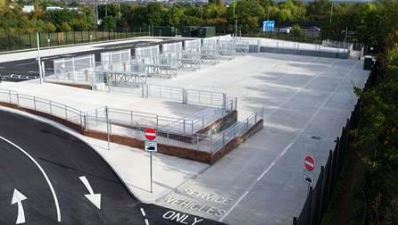
Delivery
Hampshire said it is also considering a change in the operational management of sites by handing over the running of some HWRCs to other organisations.
For example, “we could invite charities or community organisations to manage the sites at reduced cost to the county council. This could be effective for smaller HWRCs that handle less waste and could support local organisations by generating revenue.”
Another option could be for a local lower-tier authority (e.g., city, borough, district, town or parish councils) to take on the management of some HWRCs in their area.
“This is a more complex option, but it could generate a net saving to the county council by supporting management fees and/or disposal costs incurred,” the consultation reads.
Acceptance
The council said it could also restrict waste types that are expensive to dispose of (such as soil and rubble) to a limited number of sites to make savings on handling and transportation, removing containers for waste types that are rarely deposited to save space, or making some sites ‘recycling only’ by restricting the deposit of non-recyclable materials such as household refuse.
This may make some smaller, more expensive sites more efficient to run.
In the event that certain waste types were withdrawn from some sites, the county council said it would ensure that a number of HWRCs would continue to accept those materials so a service is available for residents if required.
Costs
Bare site closures, many of the measures alone would not be enough to meet the desired £1.2 million reduction, so will be considered in combination with other proposals.
The consultation is open until 31 March.





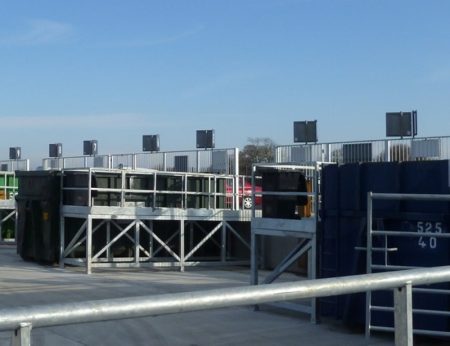
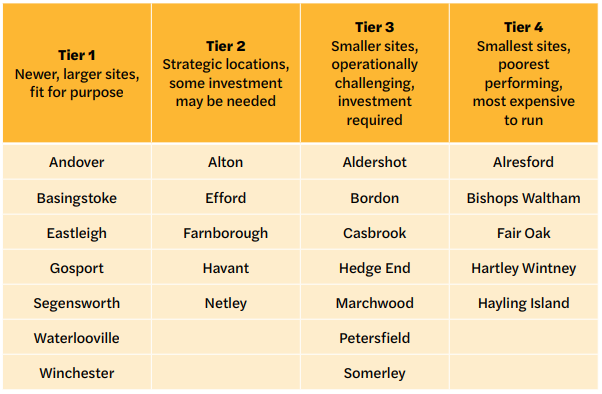

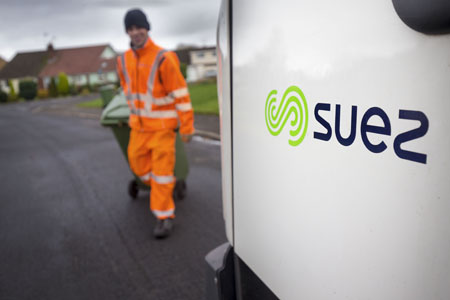
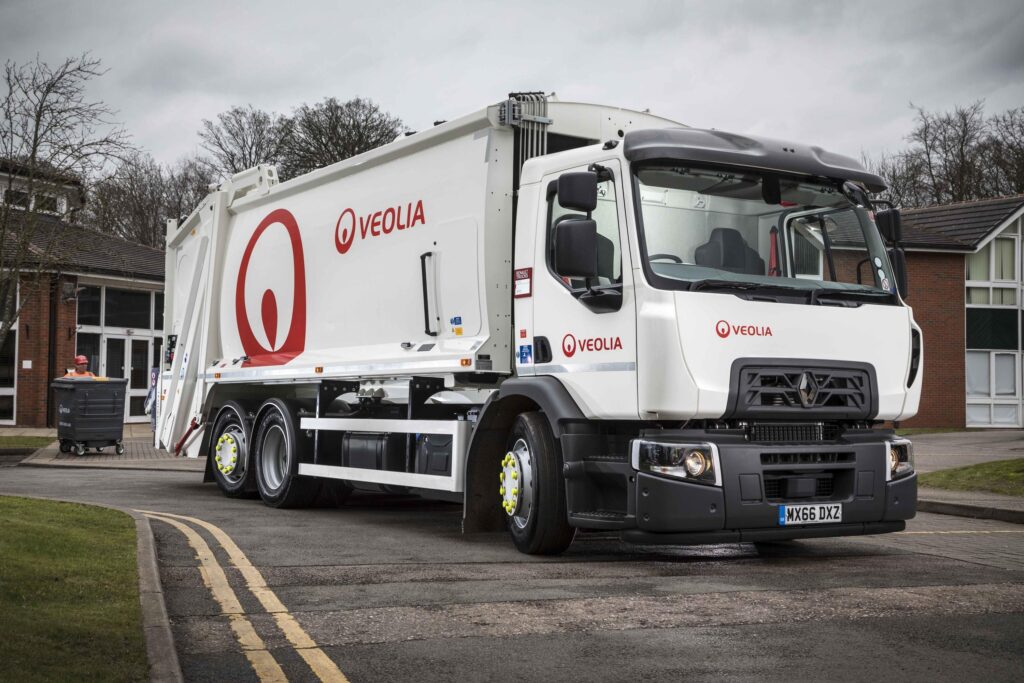



Subscribe for free